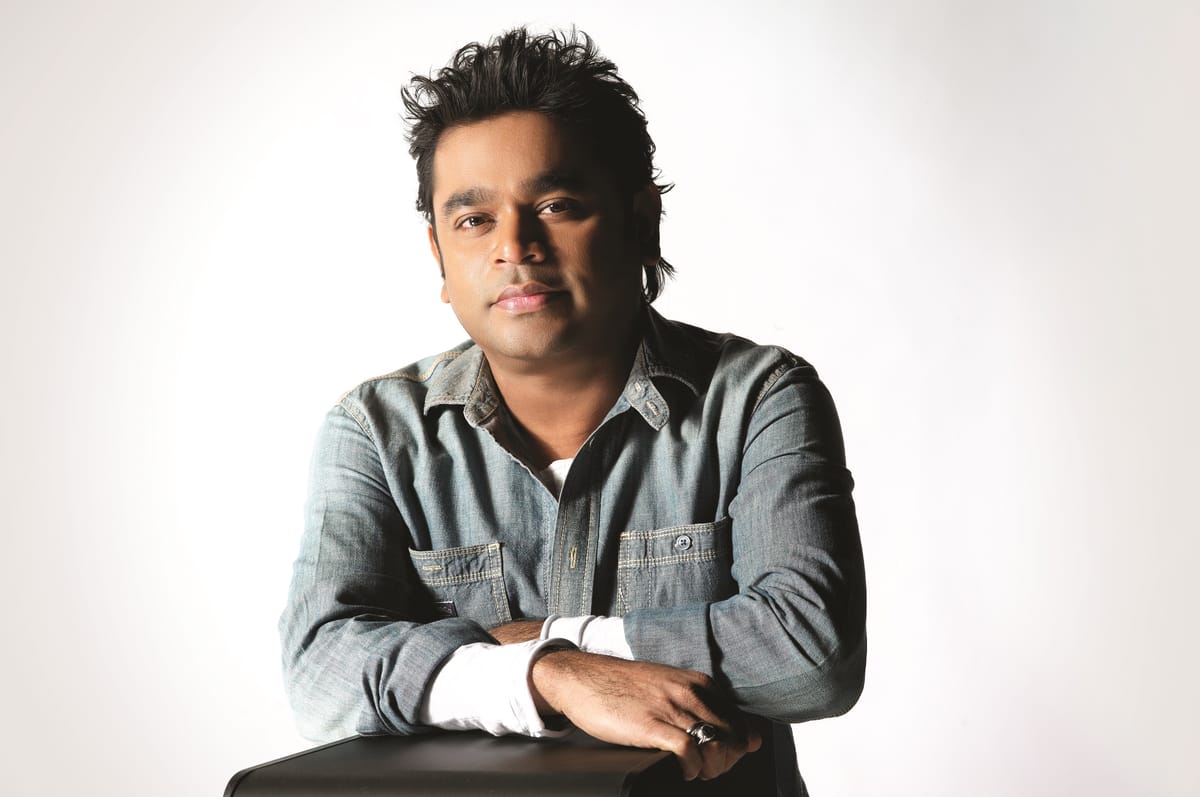In Conversation with A.R. Rahman: Inspirations, Evolution, and the Future of Music in India

Nikhil Sardana: Could you share your earliest childhood memories related to music?
A.R. Rahman: My father was an arranger for various composers and often acted as a versatile assistant to them. Back then, most composers were Carnatic musicians who created the tunes, and my father would arrange the music. I remember watching him work tirelessly day and night. As a child, music seemed like a way to earn a living. Interestingly, I was more captivated by the technology behind the music than the music itself. My earliest memories involve dismantling and fixing keyboards and synthesizers.
NS: What are your thoughts on Western classical music?
ARR: I have a deep appreciation for classical music. I enjoy the culture of numerous musicians playing together, whether it’s Western or Indian classical music. Western classical music, in particular, has a tonality and depth that is very refreshing to listen to.
NS: Who are your favourite composers and pieces of music?
ARR: I have been greatly influenced by artists like Freddie Mercury, Queen, Peter Gabriel, and Michael Jackson, as well as classical masters such as Beethoven, Mozart, and Bach. I grew up listening to Bach and Beethoven, and now I’m exploring modern composers whose names I might not even know!
NS: What inspires and motivates you to create music?
ARR: Nature is a significant source of inspiration for me. The good things in life and various personalities also inspire me. I create music for people who seek something different and pure.
NS: How has the music industry in India evolved over the last decade, and where do you think it is headed?
ARR: The music industry has embraced technology and digitization, which has been very beneficial. I believe in the integration of technology and talent. Digitization has made all forms of music more accessible to listeners and has simplified the music-making process for composers. Additionally, many young artists are now collaborating. I believe we are moving in the right direction and will see more young talents teaming up to make a significant impact.
NS: Why do you believe music education is important?
ARR: Music education drives me now. I believe that children across India should have access to high-quality music education. Learning music shouldn’t just be a hobby taken up through home tuition. I’m committed to nurturing young talent, which is why I founded the KM Music Conservatory in Chennai in 2008. My goal is to inspire people to understand the importance of music education. If a child in a family of doctors wants to study music, they should have the right to pursue that passion and enroll in a proper music school.
NS: What advice would you give to young aspiring musicians and composers in India?
ARR: The key is to be original and to have a deep emotional connection with your music. Music is about transporting people and expressing what words cannot.






